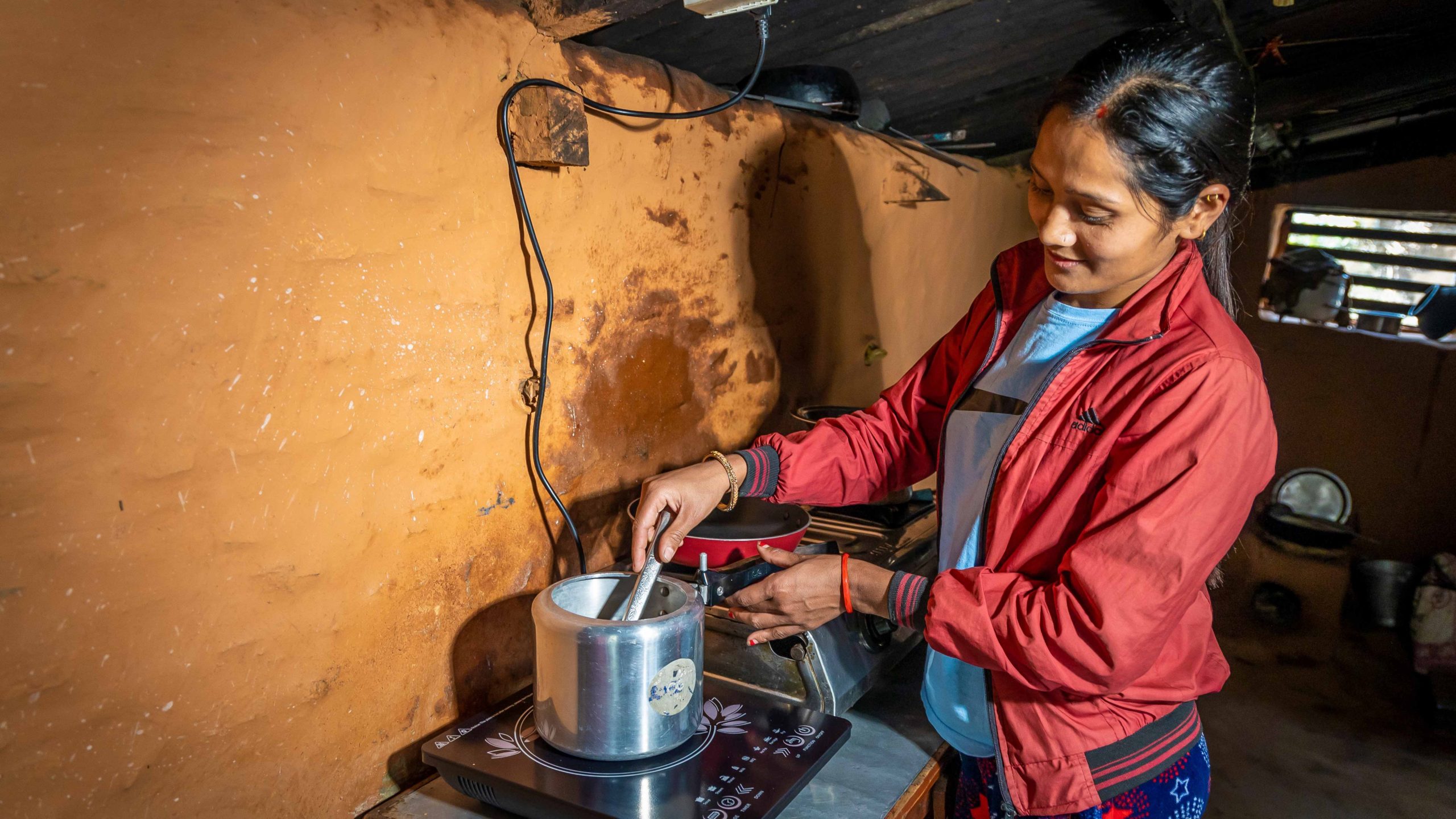CCA and Partners Launch New Geospatial Tool to Accelerate Access to Clean Cooking
March 30, 2022 – The Clean Cooking Alliance (CCA), in collaboration with the World Resources Institute (WRI), Kartoza, KTH Royal Institute of Technology (KTH), Nepal’s Alternative Energy Promotion Center (AEPC), and Nepal Open University (NOU), launched the Clean Cooking Explorer (CCE) – a novel geospatial tool that is now freely accessible to users everywhere. The tool was showcased at an event in Kathmandu, where AEPC, CCA, NOU, and the Ministry of Environment, Water Resources, and Irrigation presented the CCE to a gathering of policymakers, as well as to a global, virtual audience. The launch is set to be followed by a two-day training.
The CCE is a first-of-its-kind, online, open-source, interactive geospatial platform, designed to help the Government of Nepal (GoN) and other governments achieve their ambitious clean cooking targets. The platform integrates and analyzes geospatial datasets related to both the potential demand and supply of clean cooking services, enabling data-driven planning, coordination, and decision-making. The CCE will play a vital role in implementing the Country Action Plan that CCA developed in close collaboration with AEPC to achieve clean cooking for all in Nepal.
“The government of Nepal is deeply committed to achieving universal access to clean cooking by 2030, with a quarter of the population primarily using electricity for cooking by 2030,” said Madhusudhan Adhikari, Executive Director of AEPC, the agency responsible for formulating and implementing energy policies in Nepal. “We have been promoting clean cooking solutions for many years, including the promotion of 200,000 households per year using electric cookstoves since 2021 and we are providing a matching fund for a Green Climate Fund project to provide electric cookstoves to 500,000 households over the next five years. Now the time has come to accelerate clean cooking access in a more evidence-based way with the support of the Clean Cooking Explorer. We are looking forward to administrating the Clean Cooking Explorer for Nepal and are committed to using the platform to achieve our clean cooking targets.”
“We cannot talk about clean, sustainable, and equitable energy access without ensuring that families have access to clean cooking, but the pathway to achieving this is complex and context-specific,” said Dymphna van der Lans, CEO of CCA. “The right data and analytical tools are essential for making these crucial investment and policy decisions and achieving national and global climate and development goals. CCA is honored to work with the Government of Nepal, World Resources Institute, and other partners to pioneer this data-driven approach, which will serve as an important blueprint for energy access planning in other countries.”
The CCE was built in close collaboration with AEPC and other key stakeholders to ensure that it is user-friendly and contextually relevant, even to users without any expertise in geospatial data. One of the platform’s valuable features is a selection of predefined scenarios – including options relevant to policymakers, investors, donors, entrepreneurs and integrated energy planners – to gain valuable market intelligence. For example, a policymaker could select a scenario that identifies high-priority areas for expanding electric cooking.
“Adopting an integrated, inclusive, data-driven approach to planning for the expansion of clean cooking solutions is going to be fundamental for the achievement of SDG 7 and other development outcomes,” said Jennifer Layke, Global Director of WRI’s Energy Program.
While the CCE is currently designed to support decision-making in Nepal, its modular and easily adaptable design will enable CCA, WRI, and KTH to expand the platform to other countries in the coming years.

